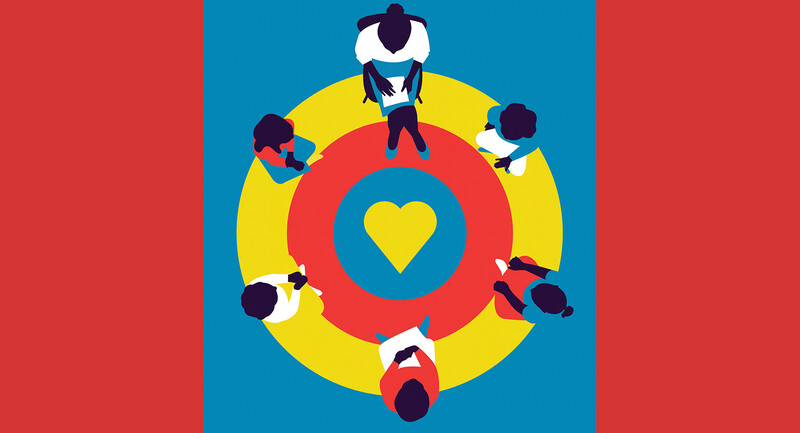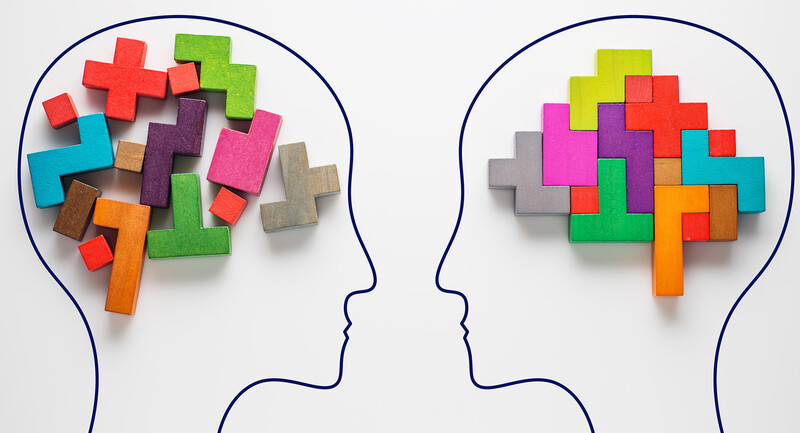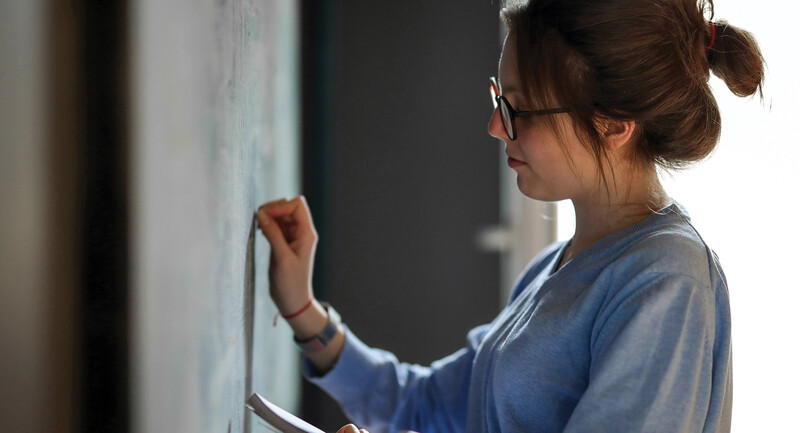If you’re an educator and you spend any time on social media, you’ve probably seen the quote about how “a dysregulated adult cannot regulate a dysregulated child.” If I’m honest, the first time I saw it, I felt attacked. I could too easily see myself as the dysregulated adult, attempting to help various students over the years. However, it’s become one of those quotes that’s stuck with me. It pops into my head in those moments when I struggle to be the calm and controlled adult who can help regulate a child. I might still feel mildly attacked by it, but it helps me notice that I need to make a change, that I need to take care of myself emotionally.
My career in elementary education began not long after the Collaborative for Academic, Social, and Emotional Learning (CASEL) was formed. I taught for a few years before I became familiar with CASEL, but an important piece of my professional journey is closely tied to that organization. In understanding the CASEL competencies—the areas of social and emotional learning that I knew my students needed support in developing—I also started to see my own needs reflected in them. I couldn’t look at my elementary learners and notice the ways in which they needed help growing their self-management skills without noticing that I needed to do the same. The more deeply I’ve dug into social and emotional learning as an educator, the more work I’ve had to do as a person.
The more deeply I’ve dug into social and emotional learning as an educator, the more work I’ve had to do as a person.
Just like our students, we educators have skills we need to grow. Just like our students, we have good days and bad days. Unlike our students, we are the adults in the room, we are the ones who are trained as the professionals. That means that regardless of our strengths or lack thereof, regardless of the kind of day we’re having, we have to show up for our students and we have to show up regulated.
Taking Care of Ourselves
This year, again and again, I’ve said that the job is harder than it’s ever been. Our students, at all ages, are struggling academically and emotionally. We’re exhausted after years of adapting our work as educators to meet our students’ needs through a global pandemic. Whether you’re a teacher, coach, administrator, or in some other educational role, the expectations are high, maybe too high. These expectations come from our bosses, the families we serve, and our society at large. It feels as though everyone has ideas about what teachers should be doing. Across the United States, educators are retiring and resigning, many mid-year. Asking educators to do anything more than they’re doing is too much. It isn’t sustainable. And yet, there is so much to do. For educators to show up for their students in ways that are physically and mentally healthy for everyone, we have to take care of our own emotional health.
For educators to show up for their students in ways that are physically and mentally healthy for everyone, we have to take care of our own emotional health.
I’ve learned some things in my quarter of a century in the classroom, and I’ve spoken with other educators who’ve been around for a while. We’ve got some tips for those who are newer (as well as for more experienced educators who can, like all of us, still use some support):
- Take a day off. This is really hard for educators to do. There’s always work—in fact, taking a day off can add work in some ways. But taking a day can give your brain and body time to rest and then reenergize. If you just can’t make yourself take a full day off, then support yourself by scheduling your next doctor or dentist appointment in the middle of the day, rather than early in the morning or at the end of the afternoon. Then take the whole day. Sleep in. Check off some things on your to-do list at home. Binge a show. Read a book. Take a walk. When you return the next day, you will be in a far better place mentally and emotionally to show up for your students.
- Figure out your boundaries. Do you need to leave school right after the students to have some downtime, or do you need to stay to make sure things are set for tomorrow? Do you need to delete your school email from your phone so that you aren’t constantly checking it? Do you need to mute your team’s group chat? There’s not a single right answer to questions about boundaries. You have to reflect on what you need and what works for you. Try to notice where you’re feeling pulled out of shape, when you find yourself snapping at people, or feeling unusually exhausted and unable to tackle basic tasks. (For me, a strong sign is when I feel like I just can’t manage to do the dishes.) Then pause to identify what you can let go of.
- Let go of some expectations for yourself. One of my fatal flaws is noticing another teacher doing something fabulously (working with small groups, communicating with families, organizing a great math workshop, etc.) and immediately feeling inadequate. Suddenly I am working harder to try to match this teacher and their strength. While I am a firm believer in always working to become a better educator, I also need to recognize that I can’t do everything well all the time. Some years I do a phenomenal job of helping my students find joy and growth in math and less of a fabulous job doing the same in reading. Yet my students are still finding joy and growing. It is crucial that we show ourselves some grace by accepting that we can’t be rockstars every second.
I recognize that none of these suggestions are easy. I struggle with them. I need reminders to be kind to myself because I get caught up in the nonstop whirlwind that is education. We can help each other out in this way: Tell your colleagues what you see them doing well, especially if you suspect they can’t see that for themselves. When a colleague seems worn down, encourage them to take a day off. Show them grace. We all need to be supporting each other—and taking care of ourselves. Our students will be the ones who ultimately benefit.









